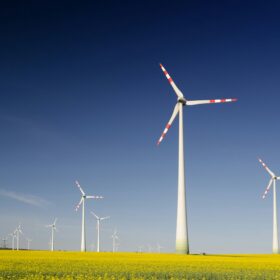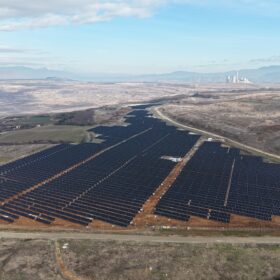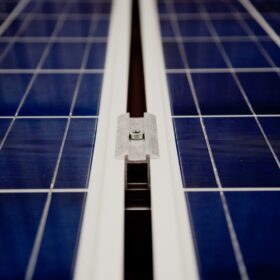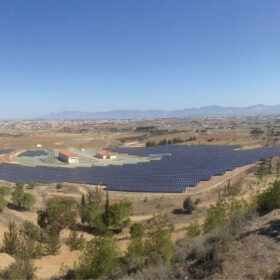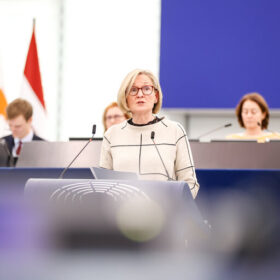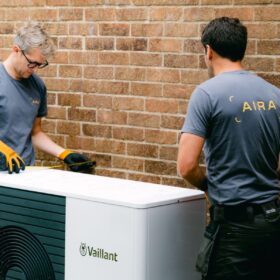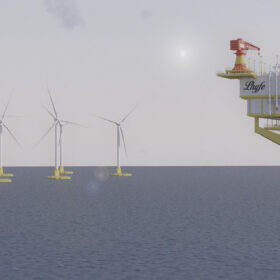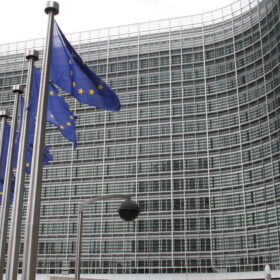EU launches investigation into Chinese wind turbine suppliers
Margrethe Vestager, the executive vice president of the European Commission, said this week that the EU authorities are investigating the deployment of several wind farms in Spain, Greece, France, Romania and Bulgaria.
EU clears Greek aid for 813 MW of PV with storage
The European Commission has approved €1 billion ($1.08 billion) of Greek measures under EU state-aid rules to support two utility-scale solar projects with lithium-ion batteries and molten-salt thermal storage. The funds will take the form of a contract for difference (CfD) over a period of 20 years.
European Commission, ETIP PV partner on solar research
The European Commission is set to work with the solar sector on a co-programmed European Partnership, designed to enhance research and innovation. SolarPower Europe says the announcement is a “significant step for the industry”.
Weekend Read: Upstart vs. incumbent
Electricity market liberalization and private sector development of solar and energy storage in Cyprus continue to be delayed. pv magazine’s Ilias Tsagas looks at why independent power producers are frustrated by electricity curtailment and a lack of market reform.
European Commission wary of trade measures to protect solar industry
The European Commission has warned about the potential impact of trade measures on Europe’s renewable energy rollout, but has shied away from outlining emergency measures to address the continent’s solar manufacturing crisis.
Delayed EU heat pump plan puts EUR 7 billion at risk, warn 61 industry chiefs
Sixty-one heat pump industry chiefs have signed a letter to European Commission President Ursula von der Leyen, warning that delaying the EU Heat Pump Action Plan jeopardizes a key net-zero European industry.
Weekend Read: Agreeing on green hydrogen
In November 2022, Germany’s Energie Baden Württemberg and steelmaker Salzgitter Group signed one of Europe’s first power purchase agreements (PPAs) for hydrogen production. More have followed and with the European Union introducing rules to govern green hydrogen, an industry is planning for its future.
EU approves billions for German battery factory, French renewables industry
Northvolt is set to secure €902 million ($986 million) of state aid to build a battery gigafactory in northern Germany, while France has been allocated €2.9 billion to ramp up production of batteries, solar panels, wind turbines and heat pumps, according to a European Commission announcement.
SolarPower Europe praises EU reforms despite capacity remuneration ‘regret’
A new provisional agreement to reform the European Union’s electricity market design is a “clear path forward for long-term investments into renewables,” says SolarPower Europe. However, the organization has criticized the deal’s capacity remuneration mechanisms for “prolonging Europe’s dependency on coal.”
EU governing bodies provisionally approve digital product passport
The European Commission and the European Parliament have provisionally agreed to revise the European Union’s sustainability product legislation. If formally approved, it will include the introduction of a digital product passport to increase transparency.
